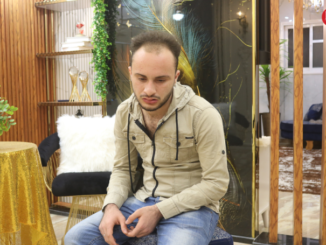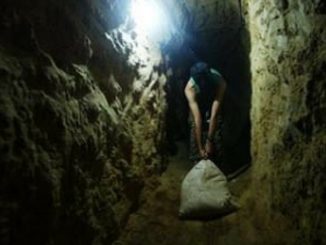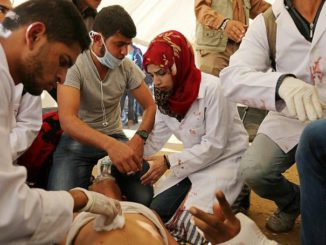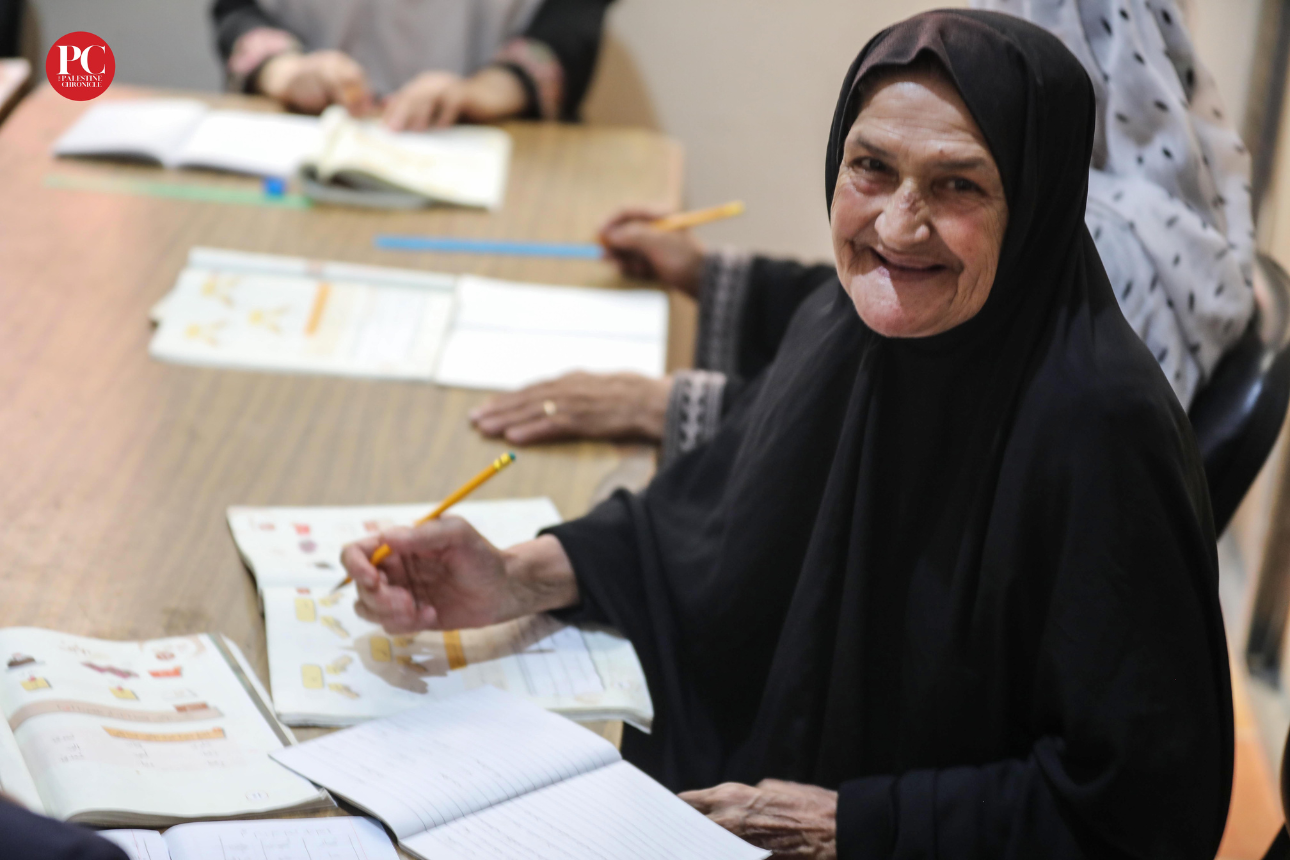
These elderly Palestinian women were deprived of education in their younger years, but they maintained the dream, and are now, at last, getting a second chance.
Many of Palestine’s illiterate population are those of older age, and most of them are women.
Though Palestinian women now are some of the most educated in the Middle East and North Africa region, this was not the case for previous generations.
But many of these women are coming back to school.
The Palestine Chronicle used the opportunity of the International Literacy Day, which falls on September 8 each year, to highlight and celebrate the achievements of these women.
We visited one of their classes at the Elderly Care Association in Gaza City.
These elderly Palestinian women were deprived of education in their younger years, but they maintained the dream, and are now, at last, getting a second chance.
‘I Love Education’
61-year-old Somaya Barakat is one of them. She enrolled in the literacy programs offered by the association. Now, she is able to read and write texts in Arabic and perform some basic mathematical operations.
A few years ago such a feat may have seemed impossible.
Somaya’s father died when she was still a child. Circumstances forced her to leave school to help her mother take care of yet younger siblings.
As a child laborer, Somaya took on her mother’s craft of tailoring and embroidery.
Saying no to such grueling work was not an option. Without the long hours at the shop, survival would have not been possible, especially since one of Somaya’s sisters suffered from a chronic disease.
Sadly, the little sister eventually died due to the lack of medicine and resources.
Somaya’s dream of having a proper education carried on even after her marriage. Her husband, however, refused to support her.
“So, I decided to pay attention to the education of my nine children, all of whom obtained university degrees,” Somaya said.
“Despite our poverty, I painstakingly saved money to give them the best education. I just love education” for my children and myself, she added, proudly.
Somaya finally had her chance to realize her dream after she turned 50. Now, she does not want to stop. Her ultimate goal is to receive a university degree.
Hajja Khadra
Hajja Khadra al-Borai is 77 years old.
Like Somaya, she was forced to drop out of school due to the poor financial situation of her family; but now, she loves attending lessons and she receives help from some of her grandchildren.
She is now able to memorize Arabic letters and numbers, and also to spell some words.
The illiteracy rate in Palestine is one of the lowest in the world.
In 2022, it reached 2.2% among the Palestinian population who are 15 years and above, according to a report published by the Palestinian Central Bureau of Statistics (PCBS) on the occasion of the International Literacy Day.
According to data published by UNESCO, the male literacy rate in Palestine is 98.79 percent, while for females it is 96.2 percent.
These numbers are considered extraordinary, not only within the context of the Middle East region, but also because Palestine is under Israeli occupation.
Over the years, Israel has bombed many Palestinian schools and universities, shut down educational institutions and made freedom of movement extremely difficult for students in both Gaza and the West Bank.
Yet, for Palestinians education is key, not only for the sake of jobs and financial security, but as a collective weapon of Resistance against Israeli occupation and apartheid.
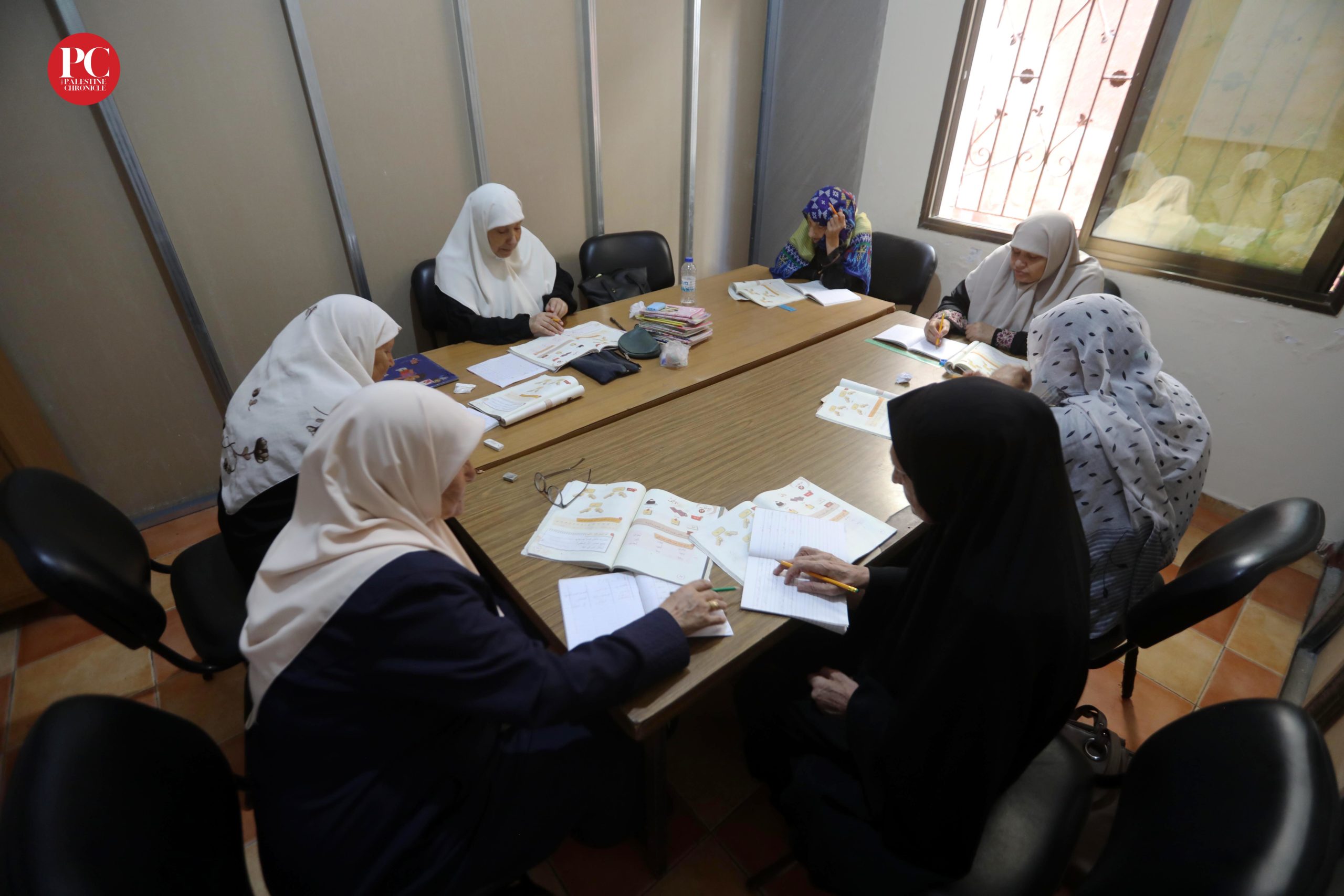
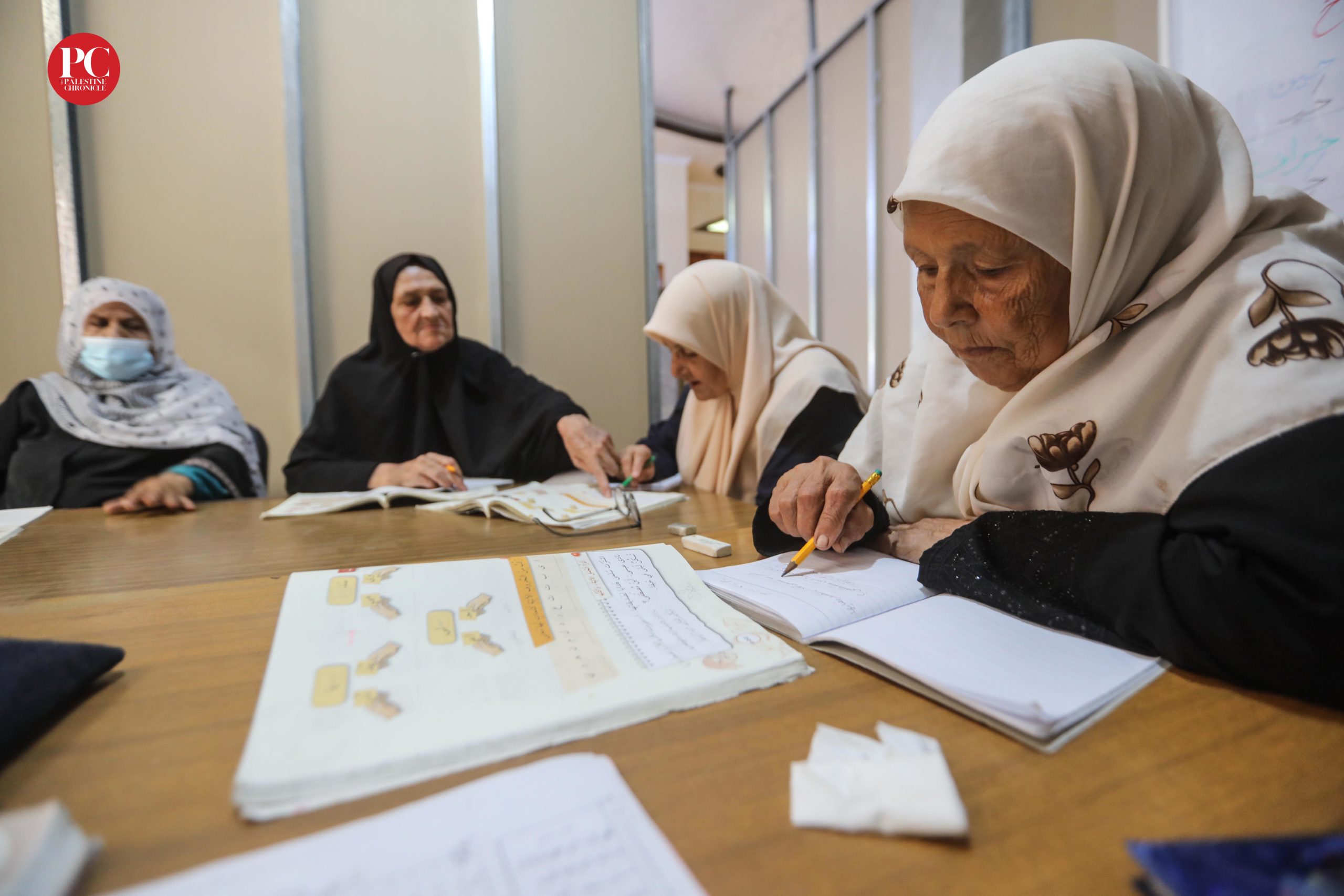
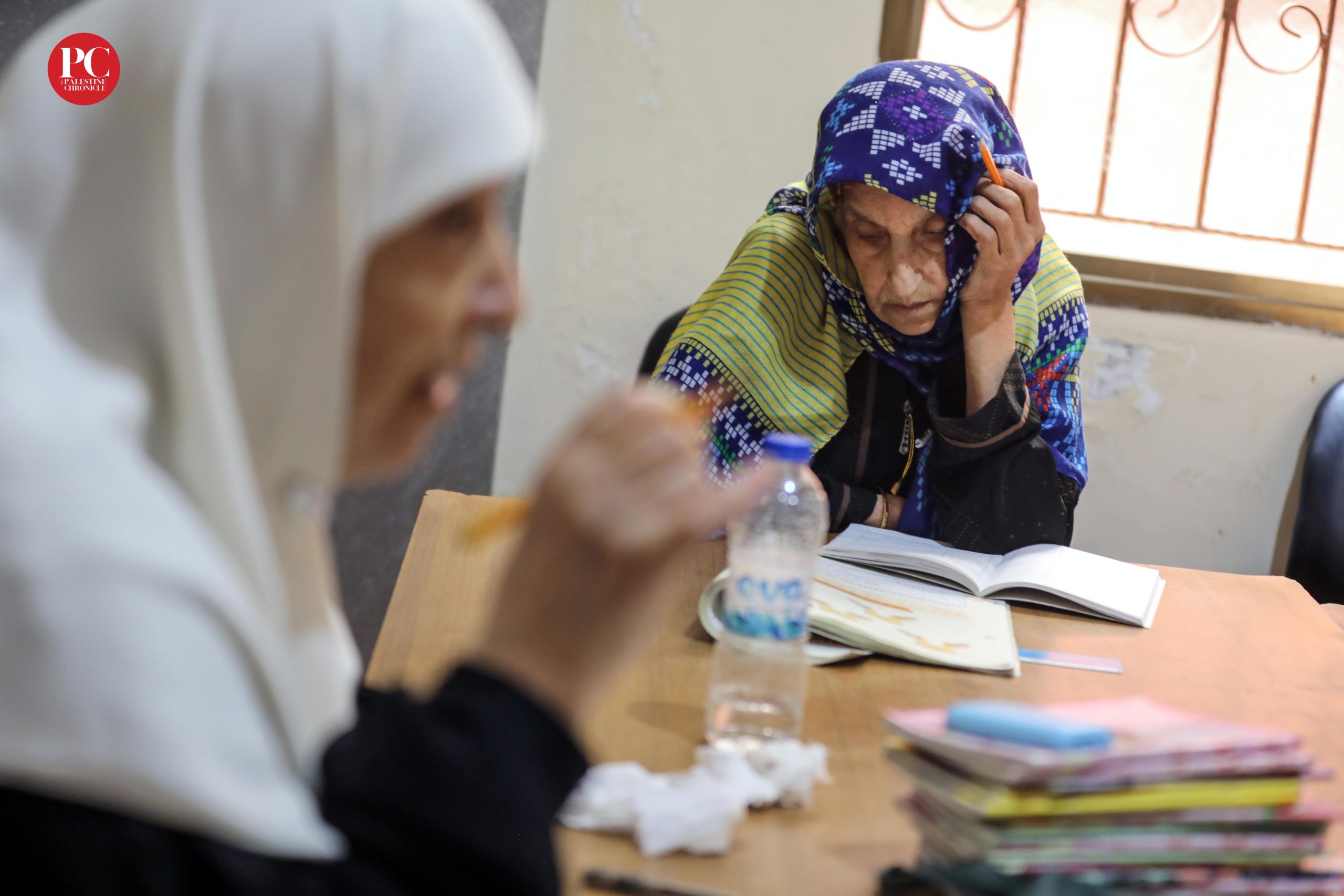
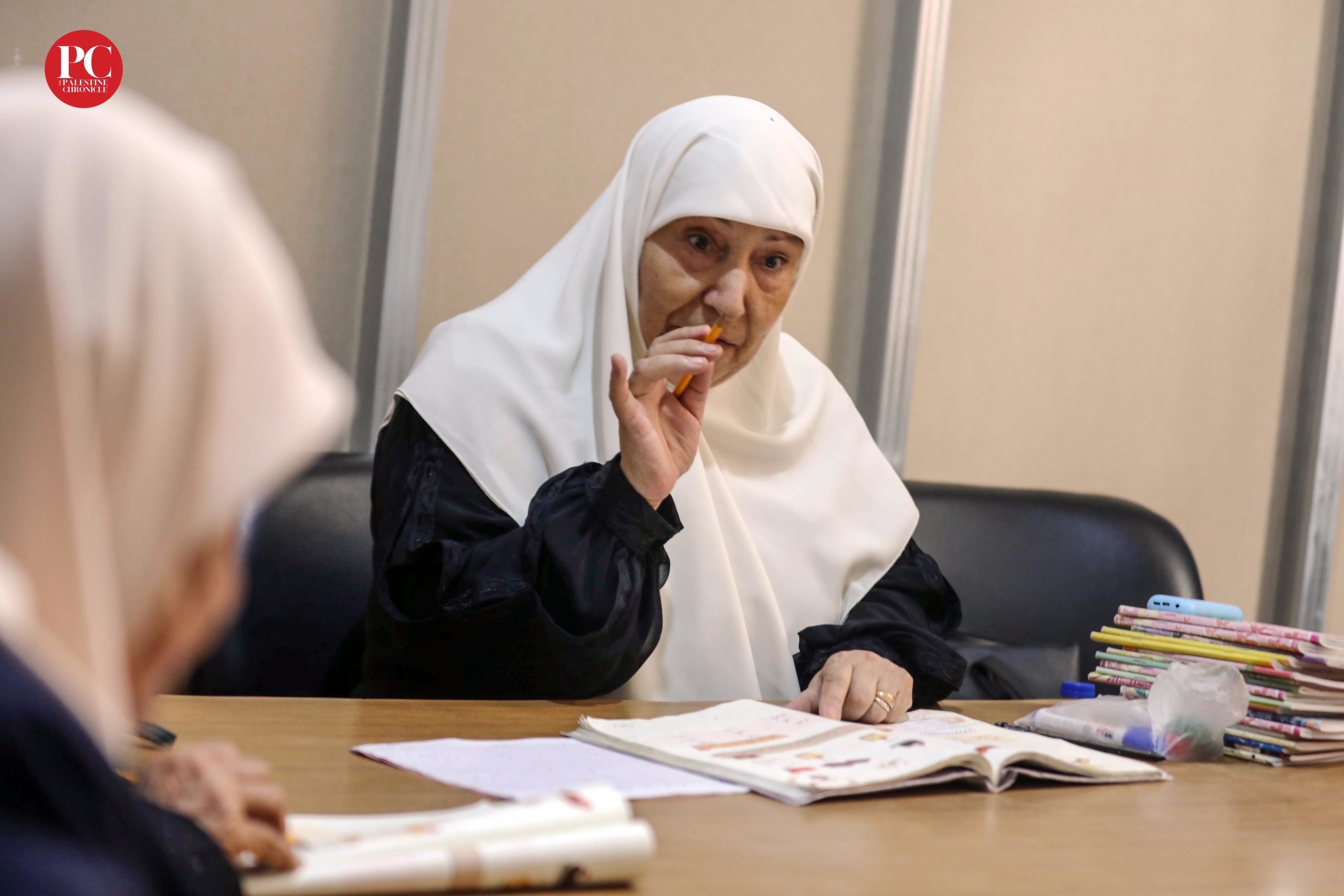
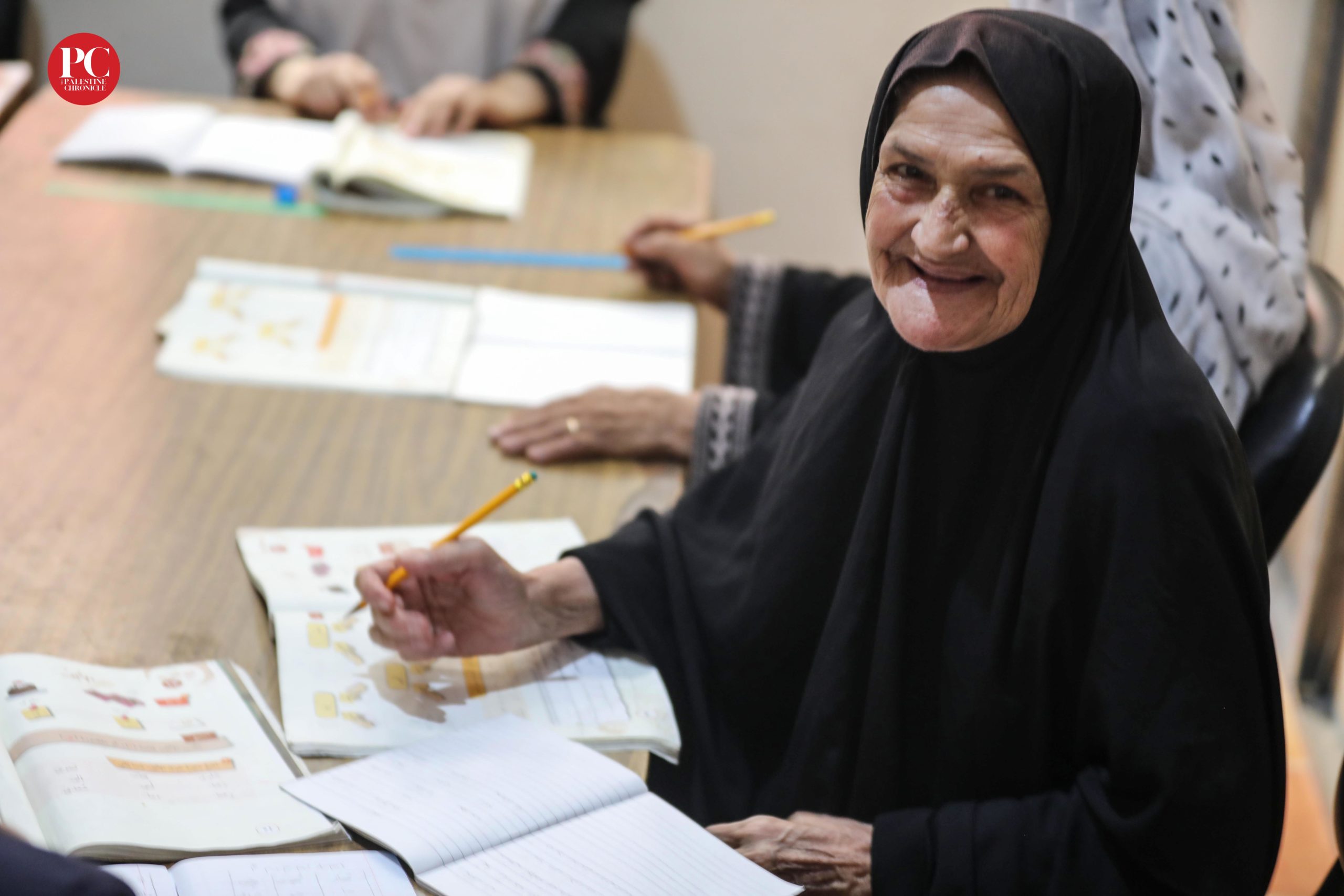
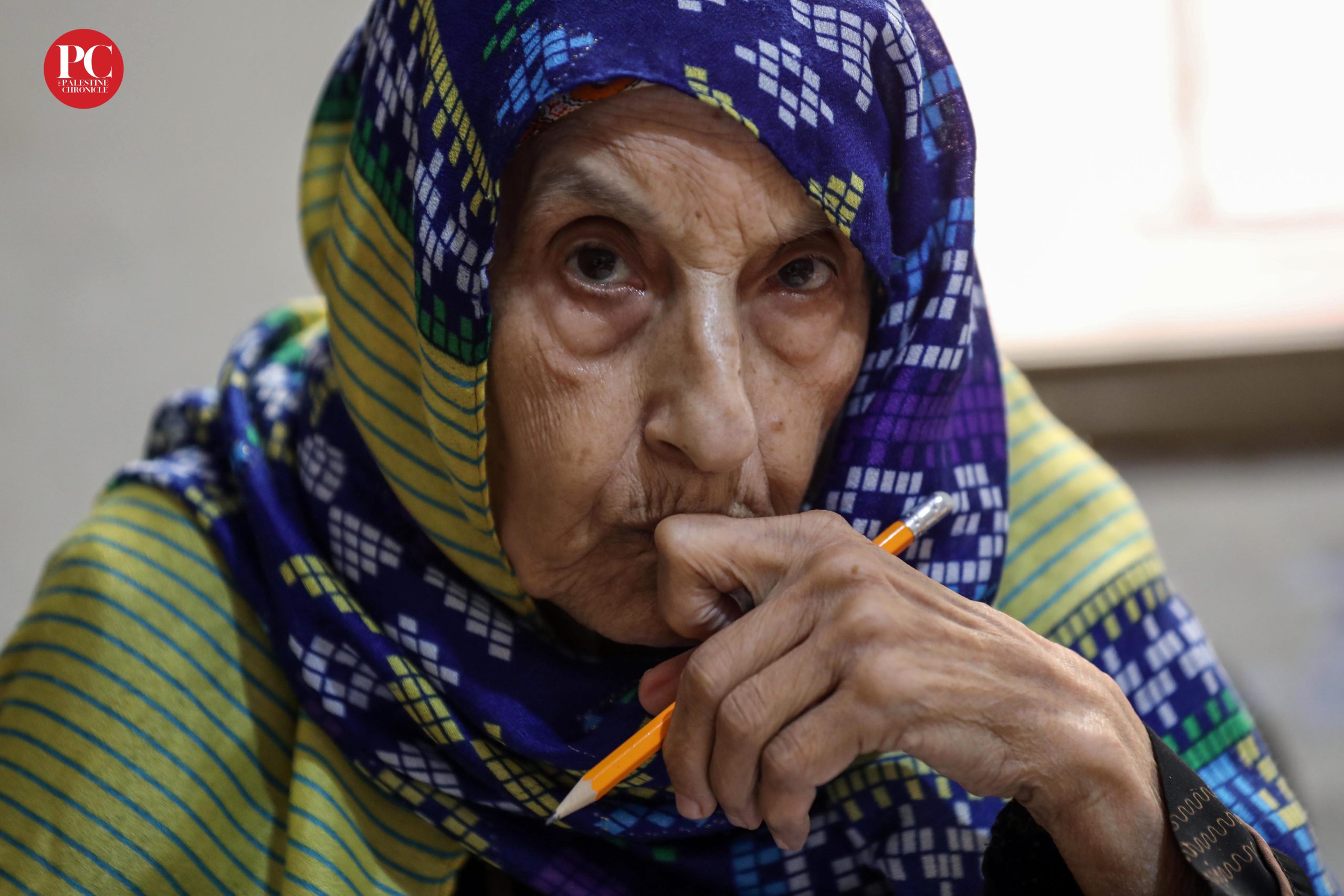
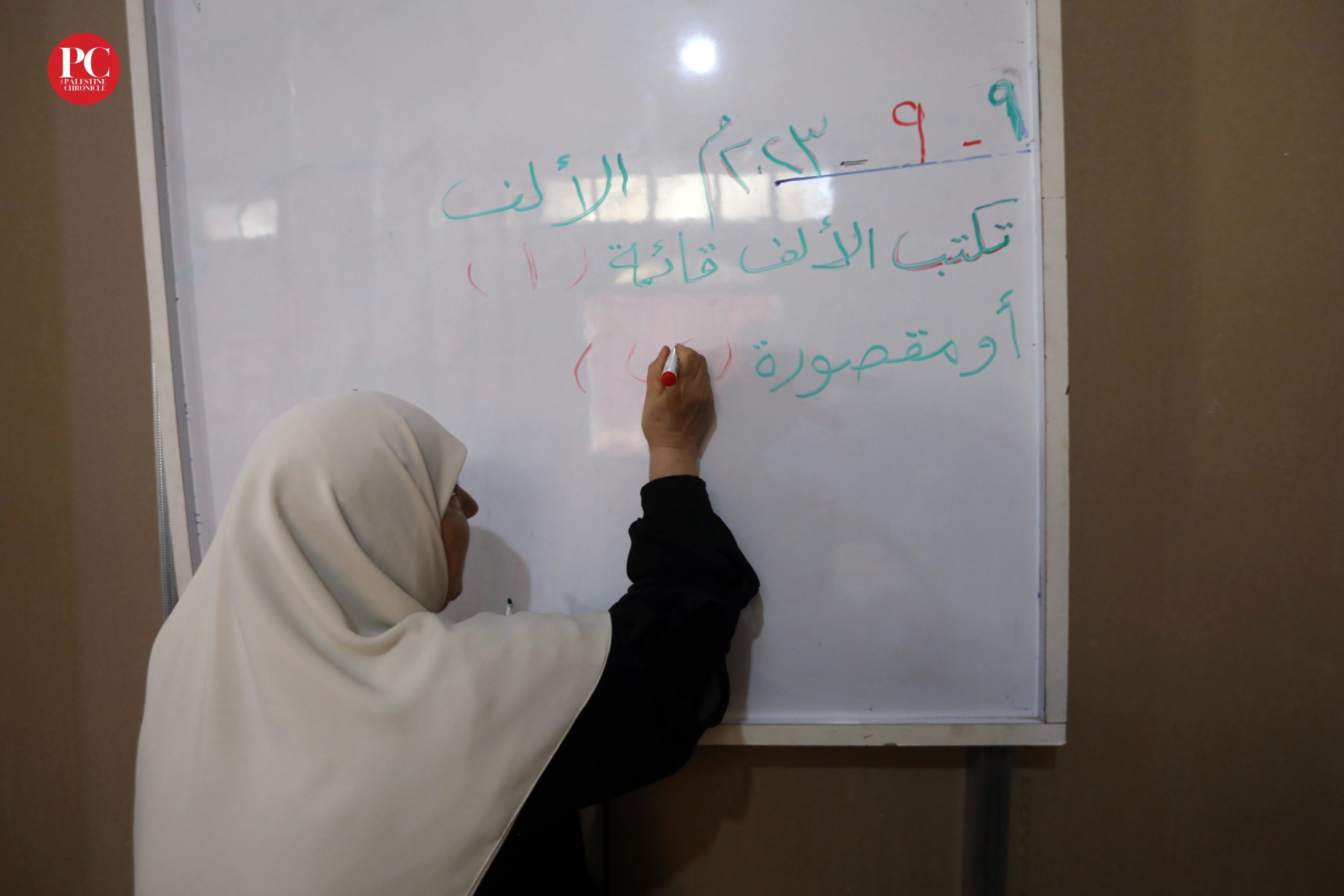
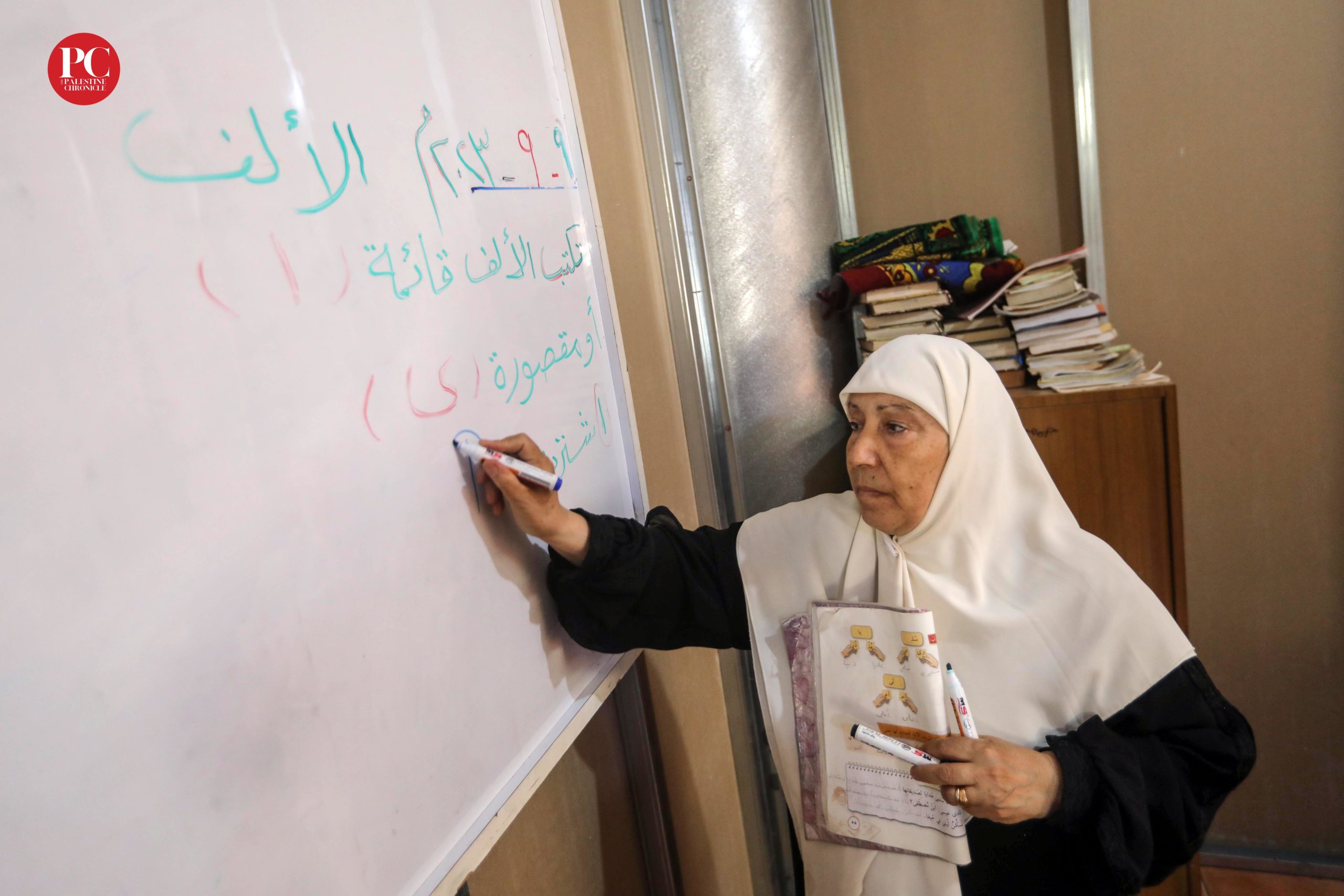
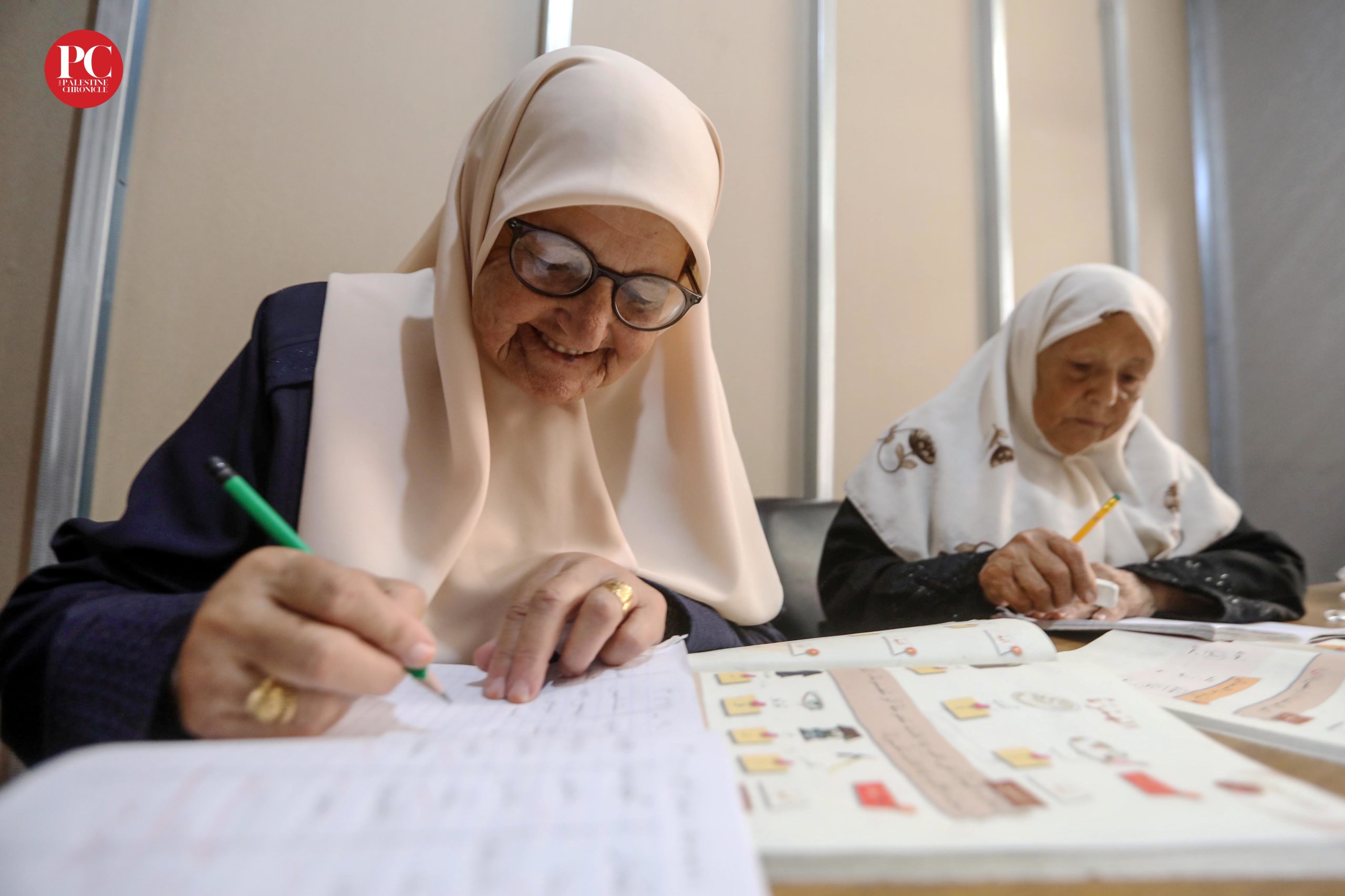
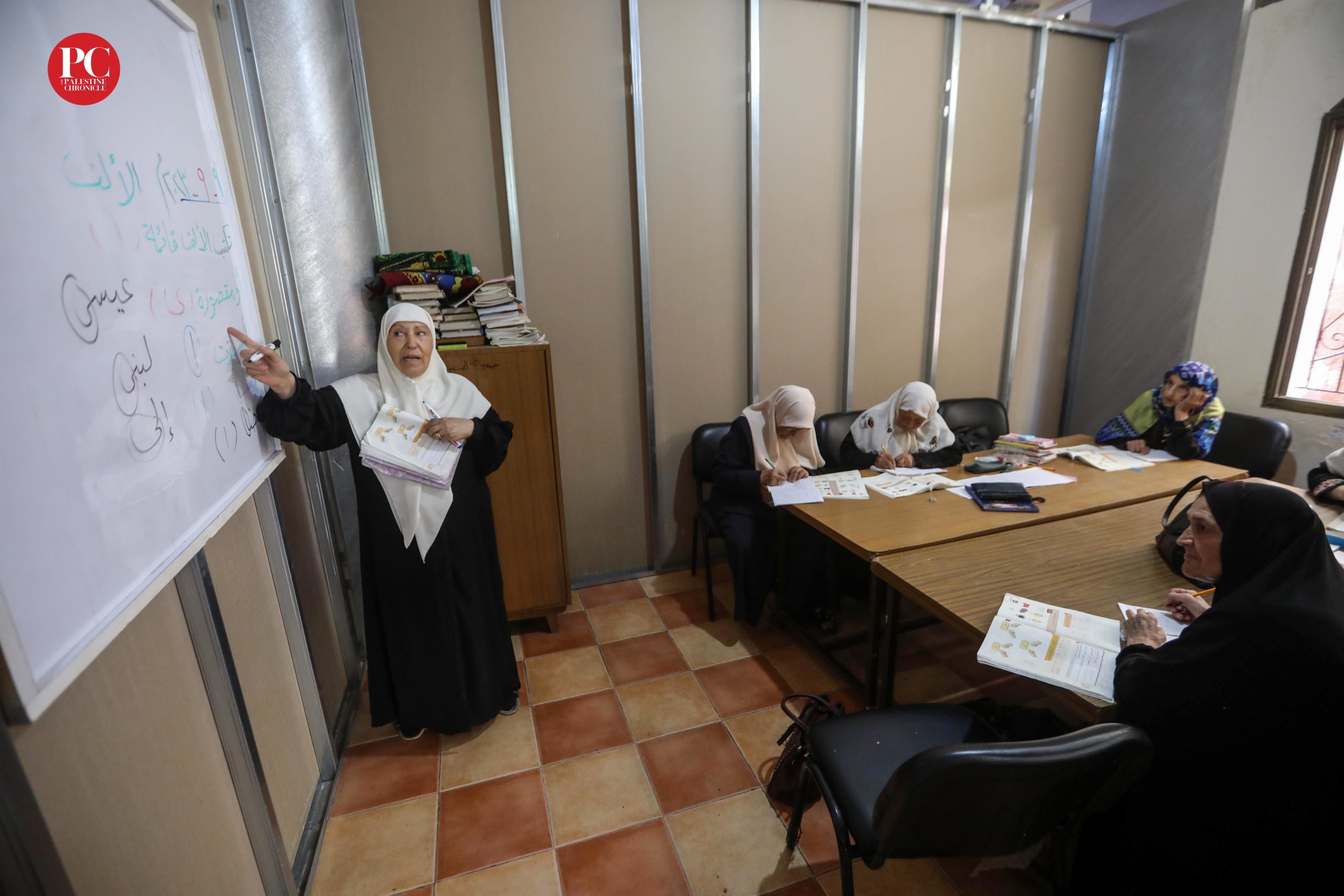
(All Photos: Mahmoud Ajjour, The Palestine Chronicle)




